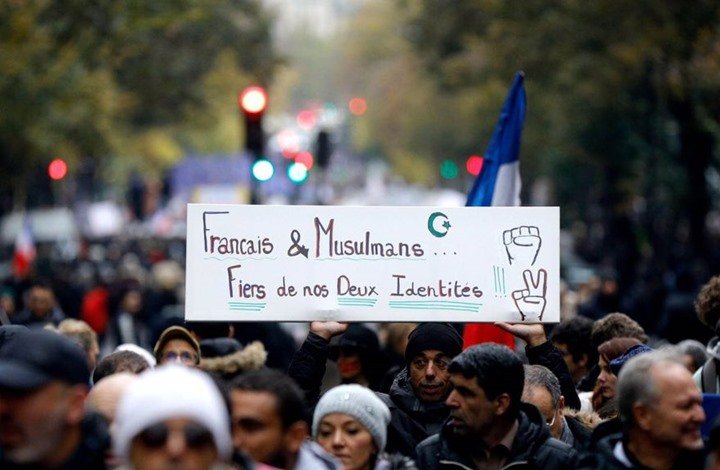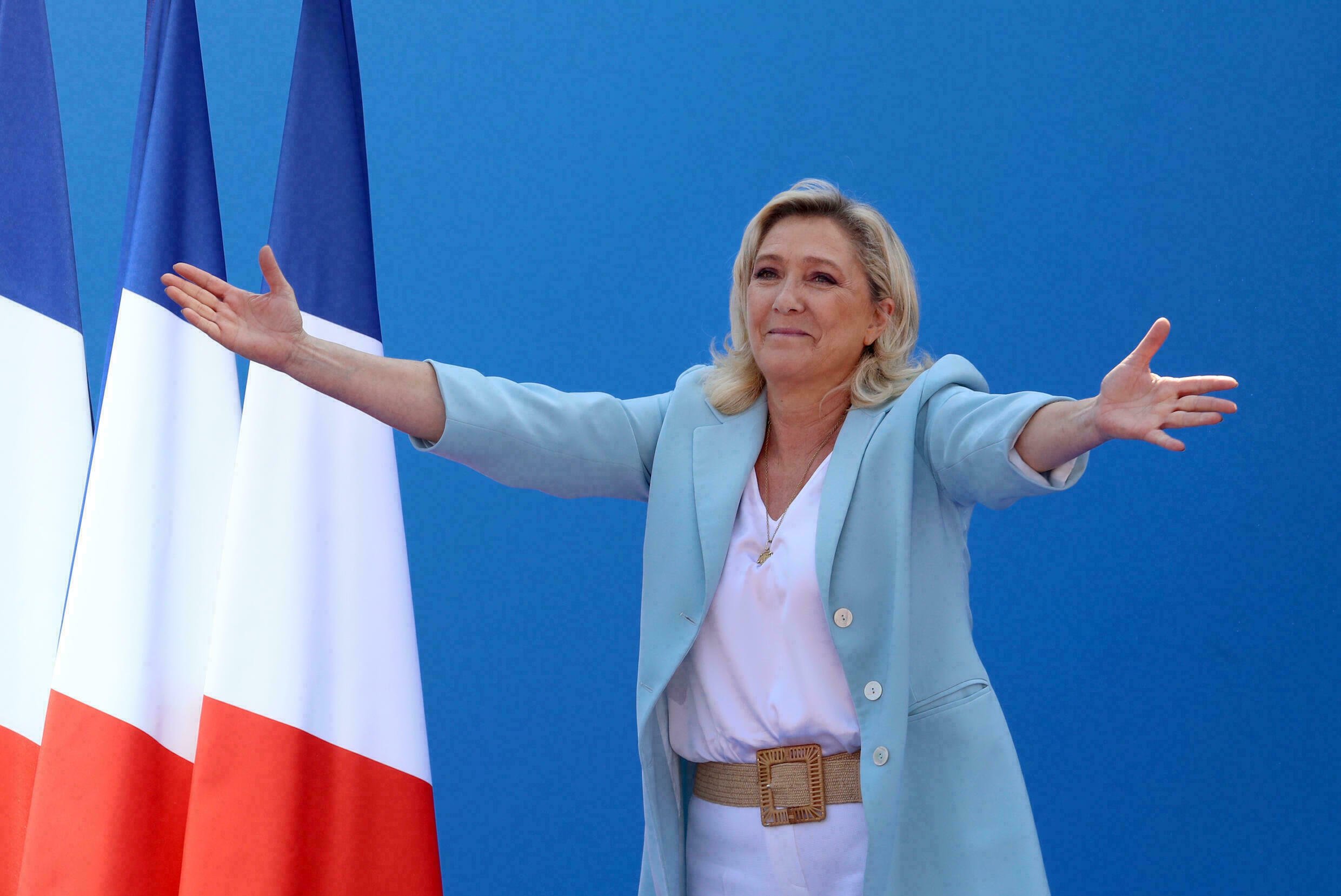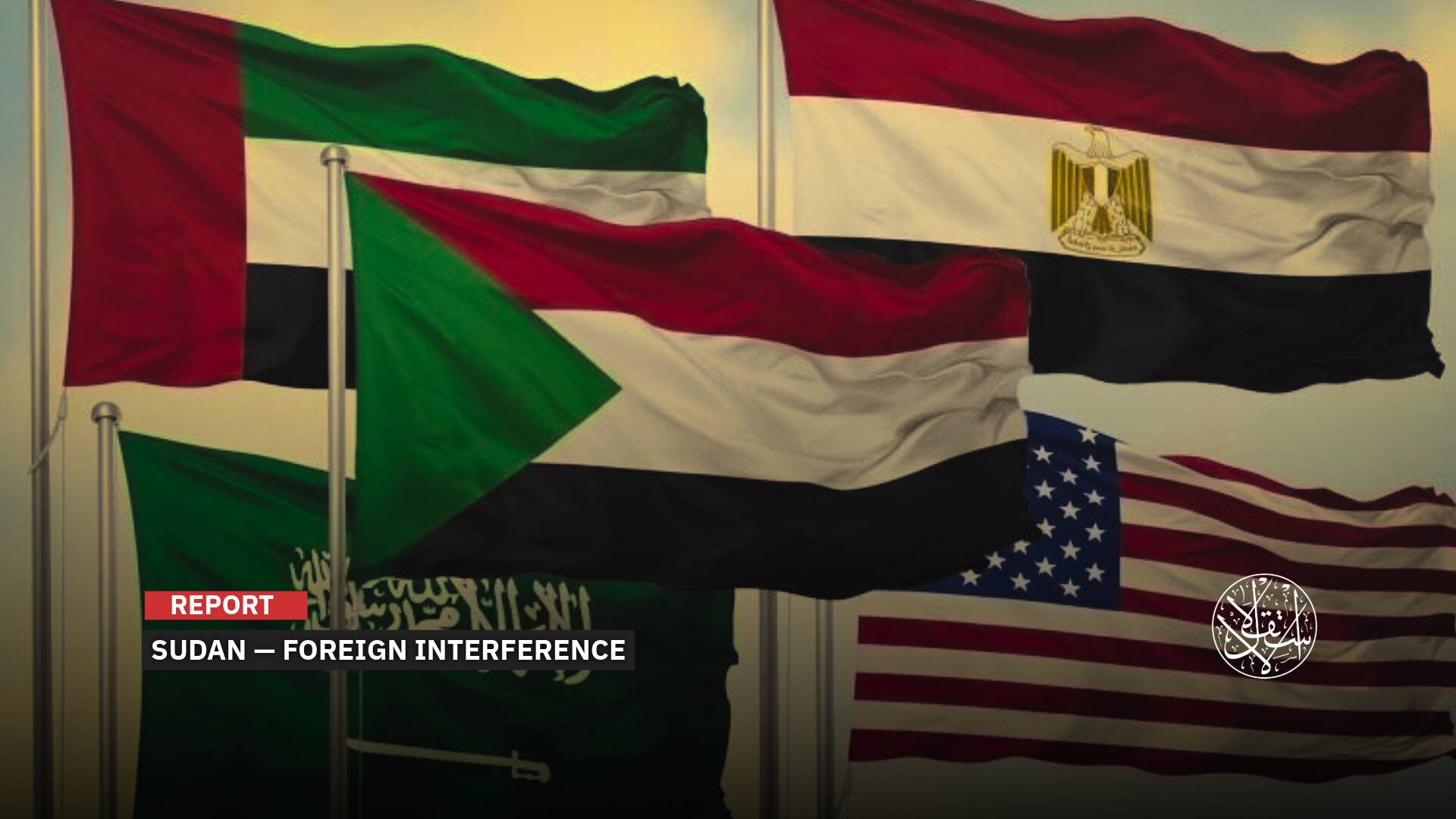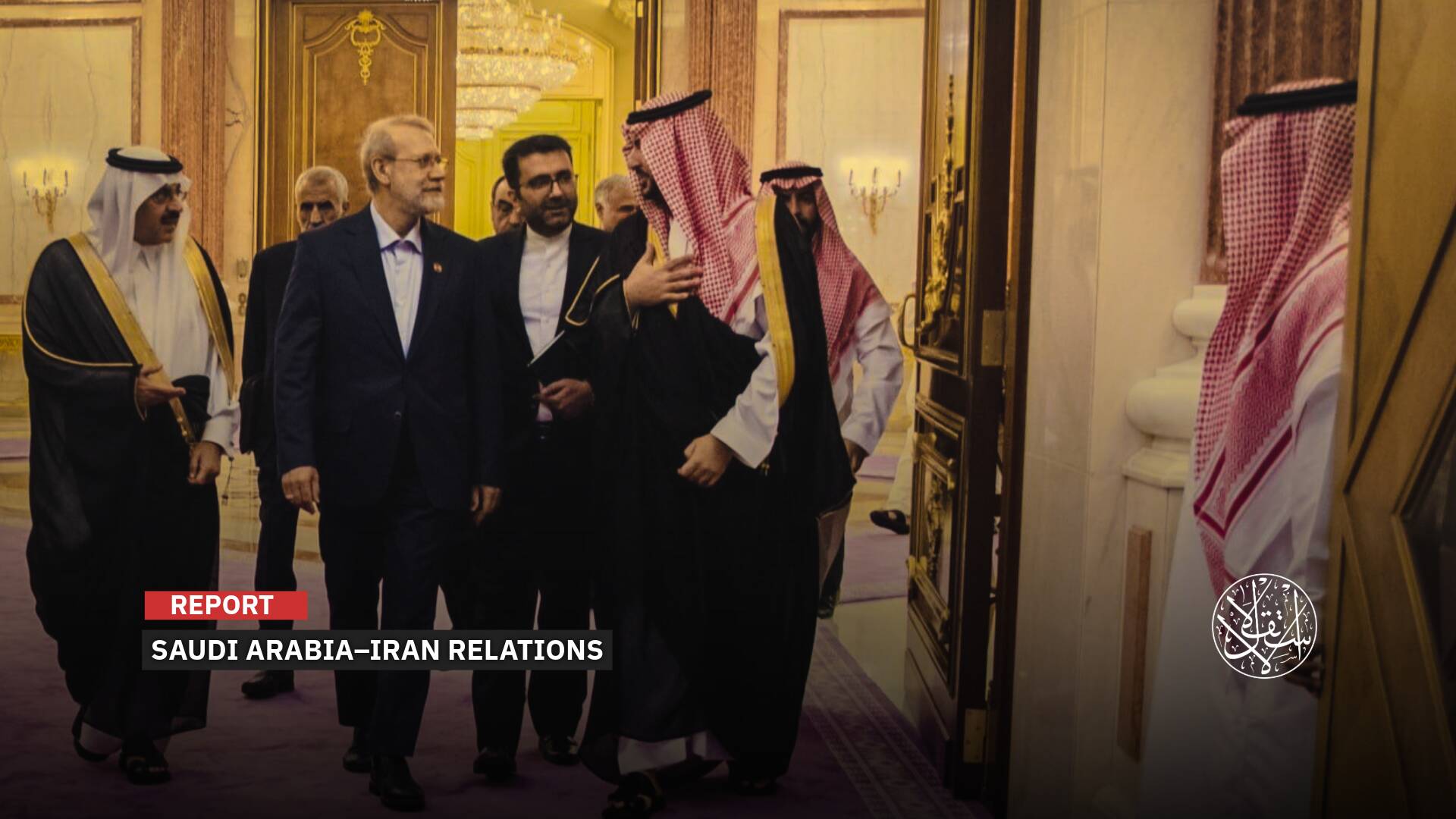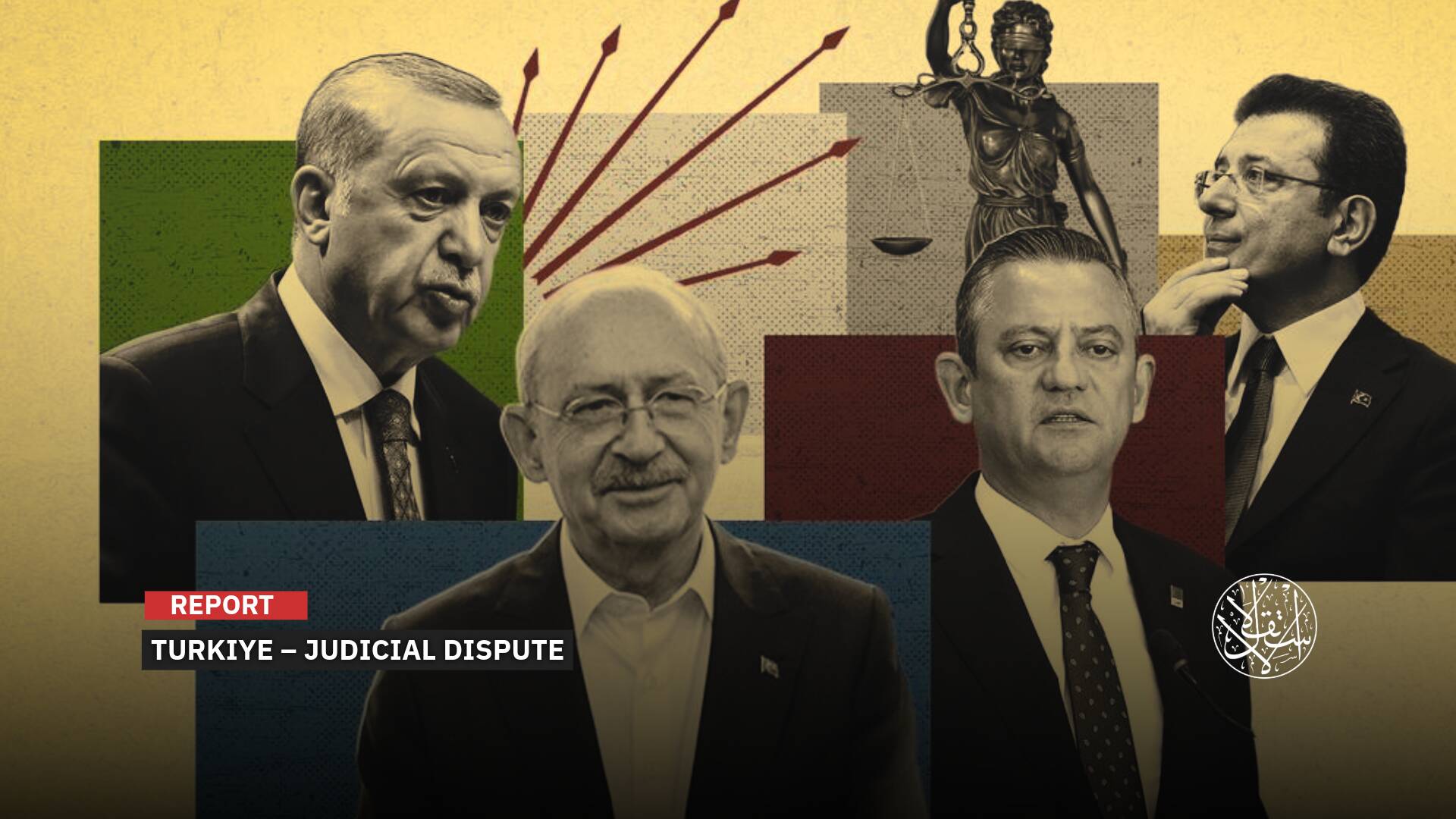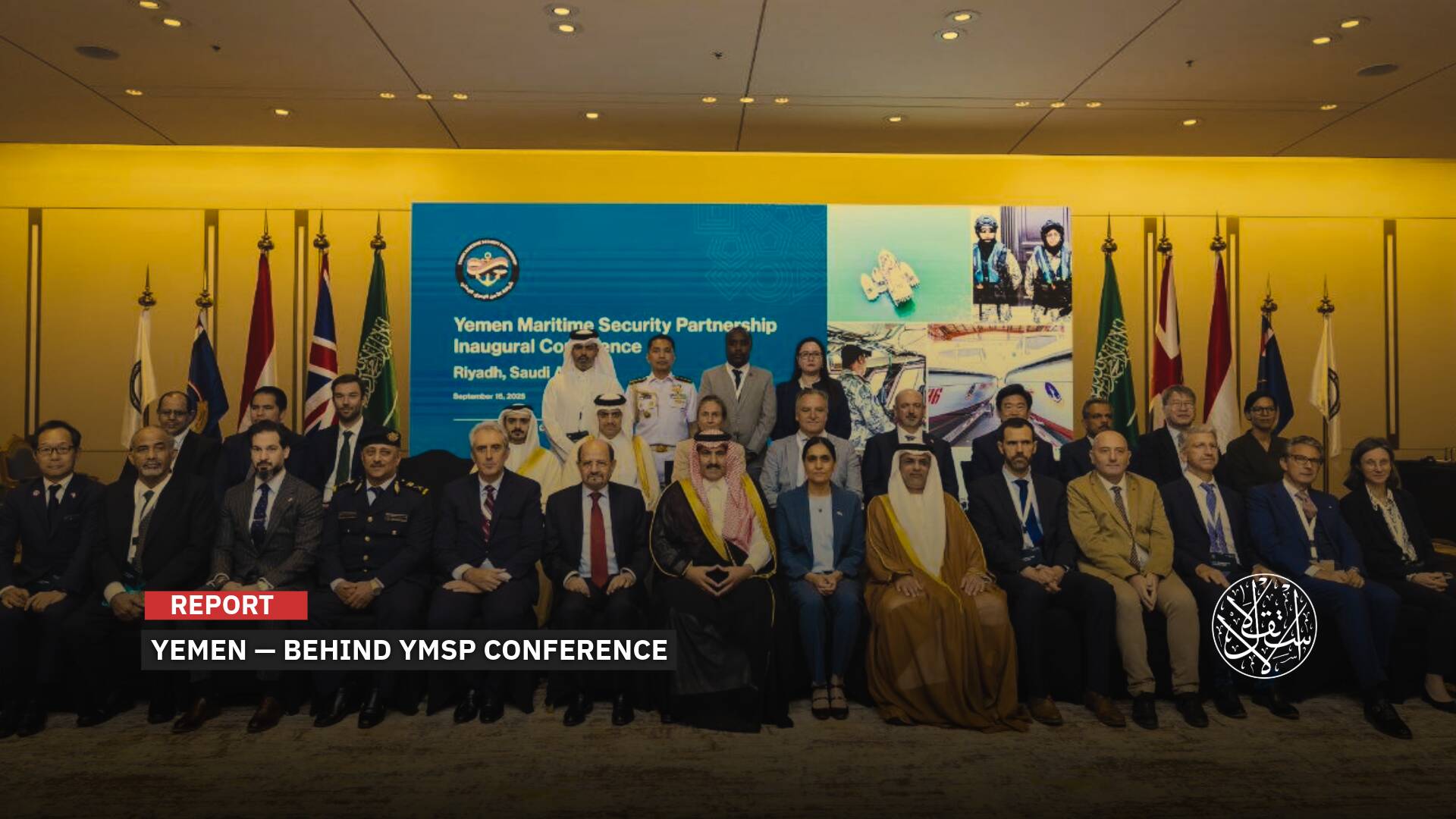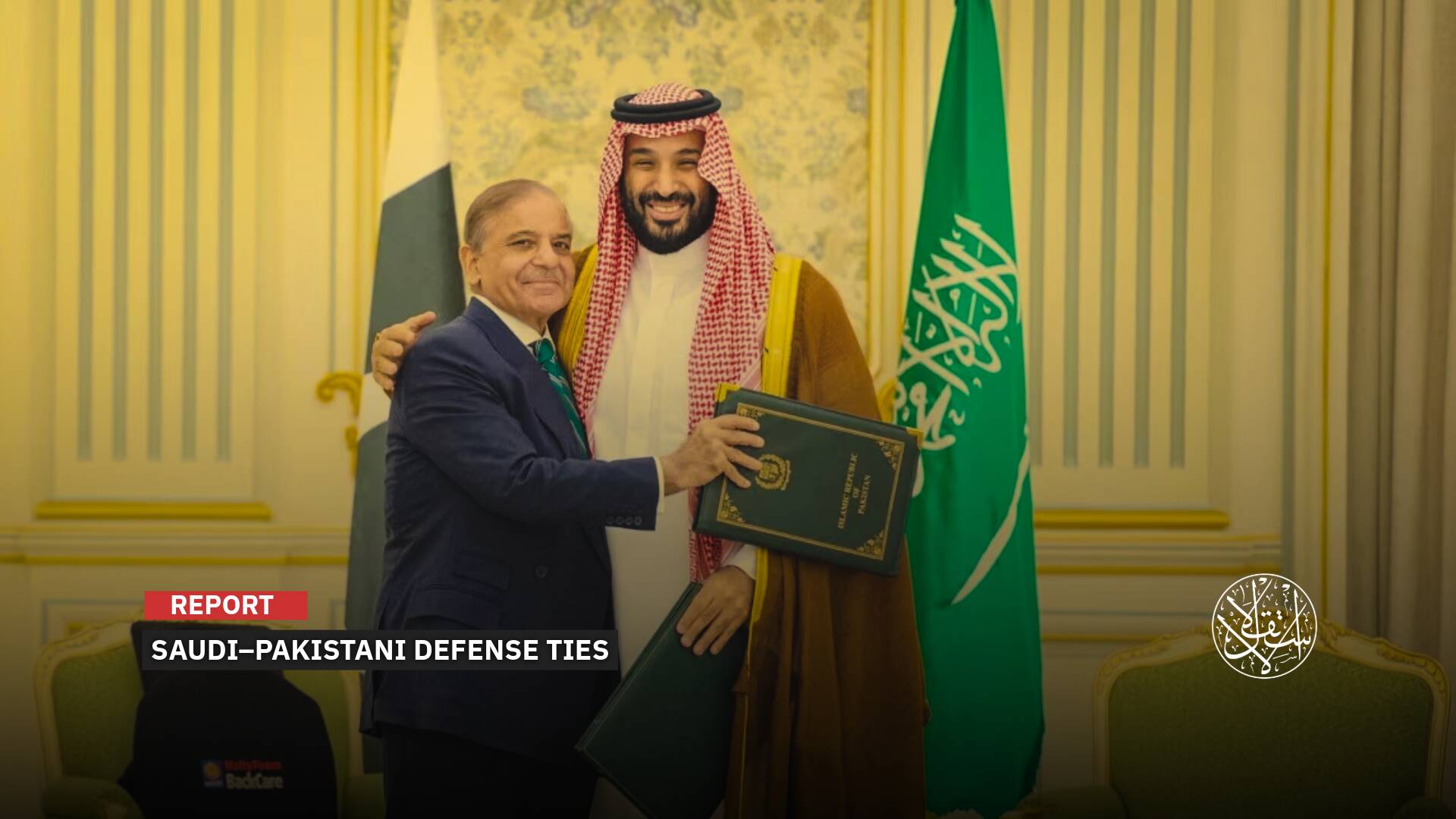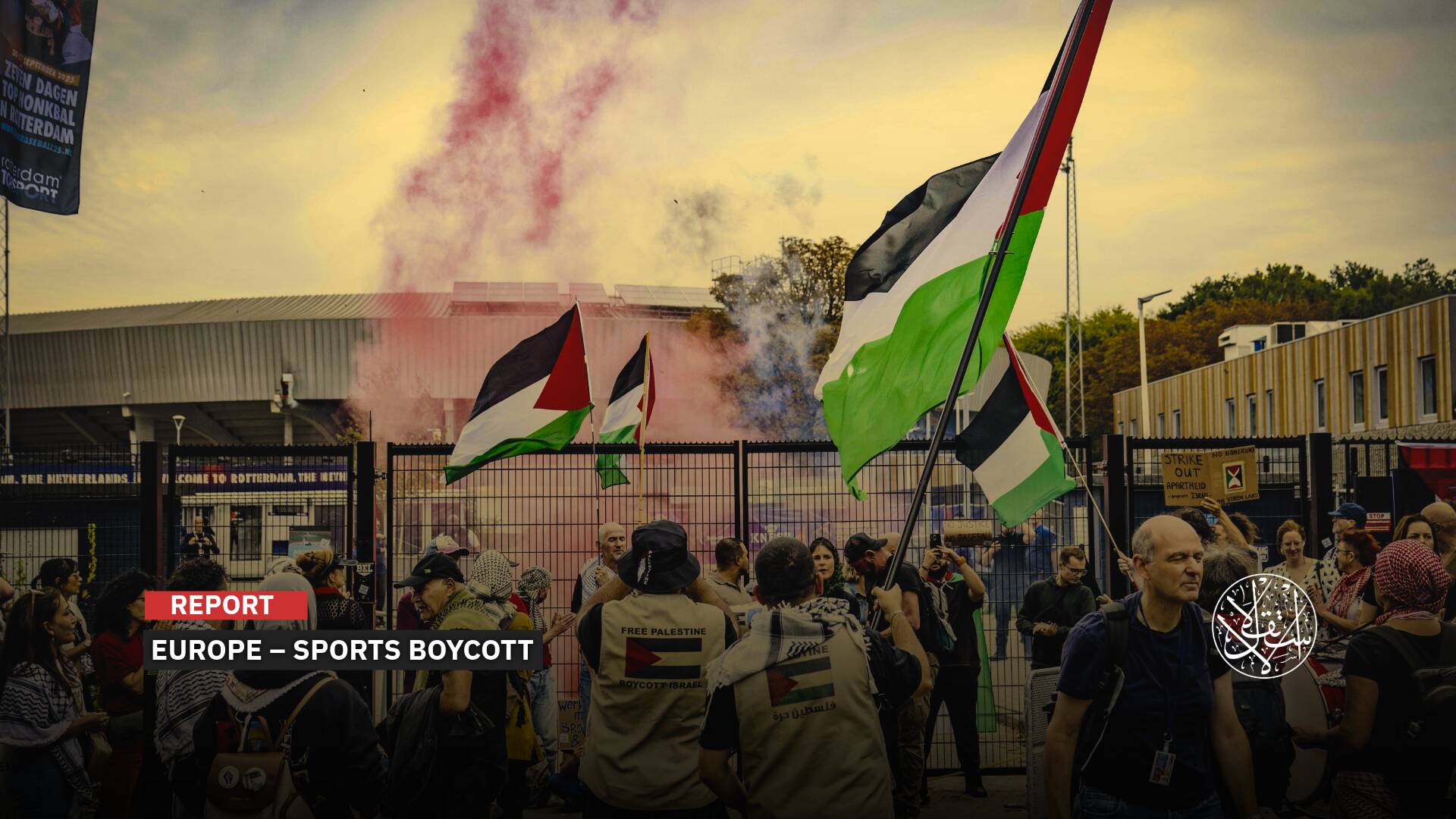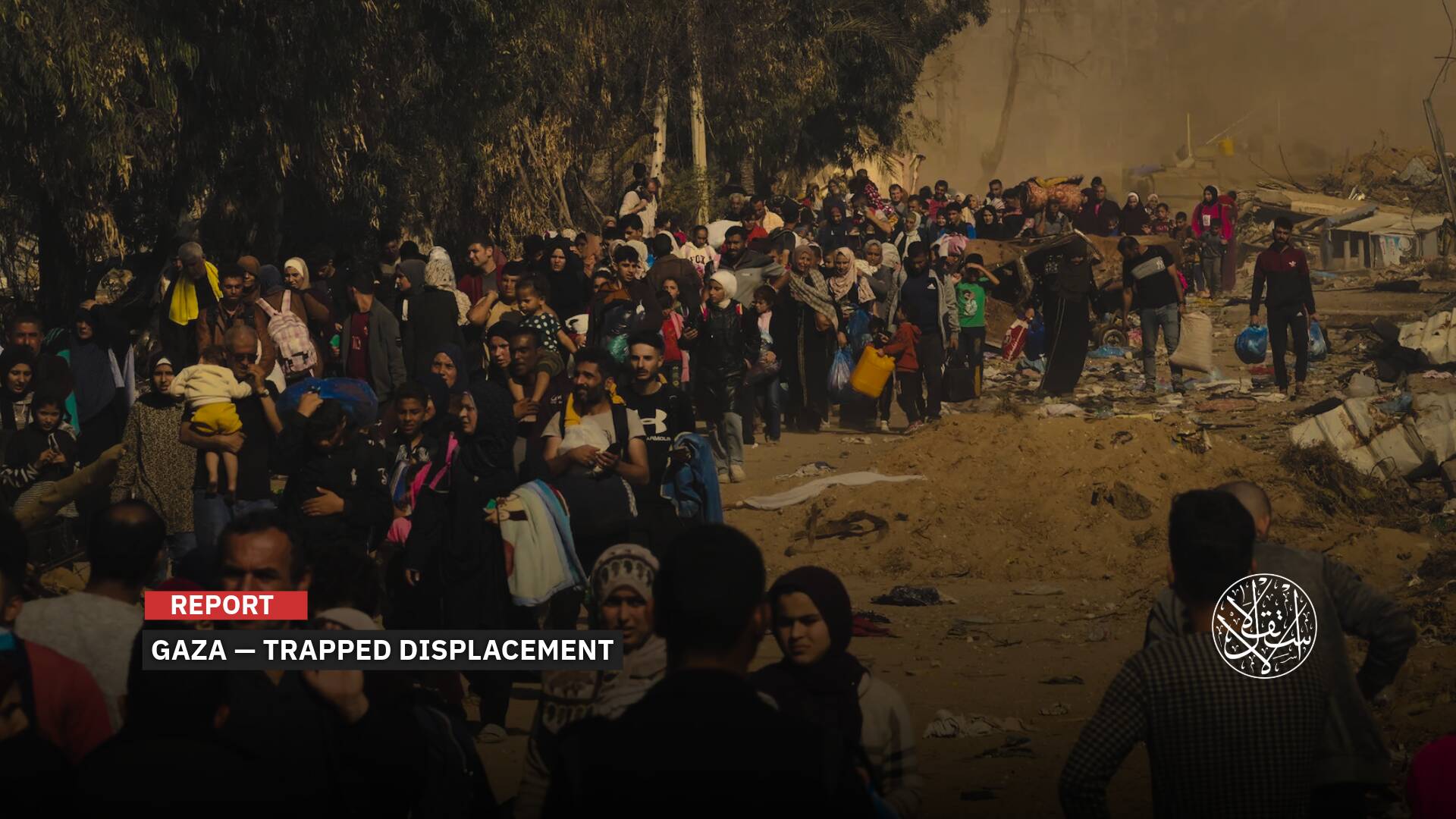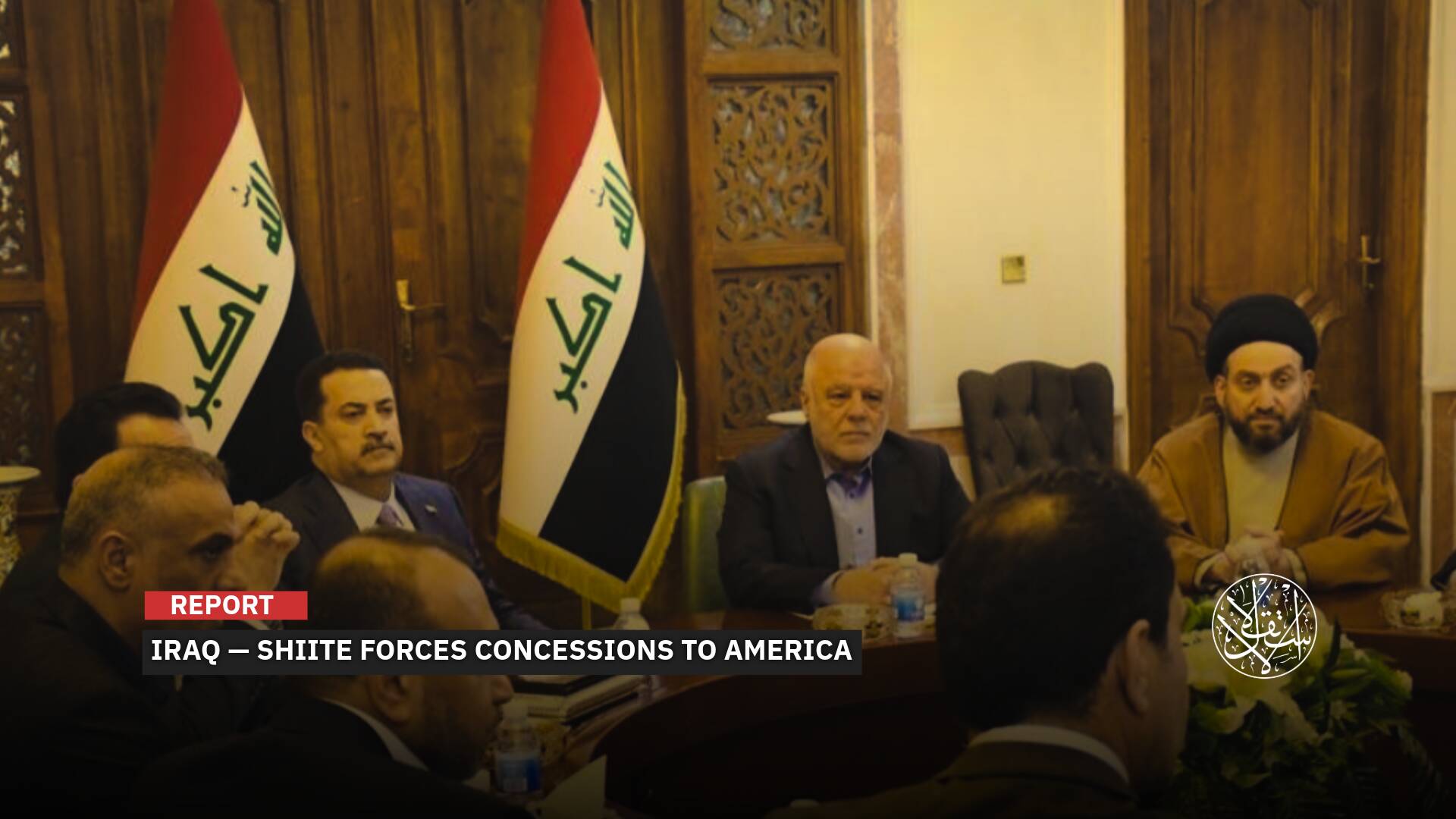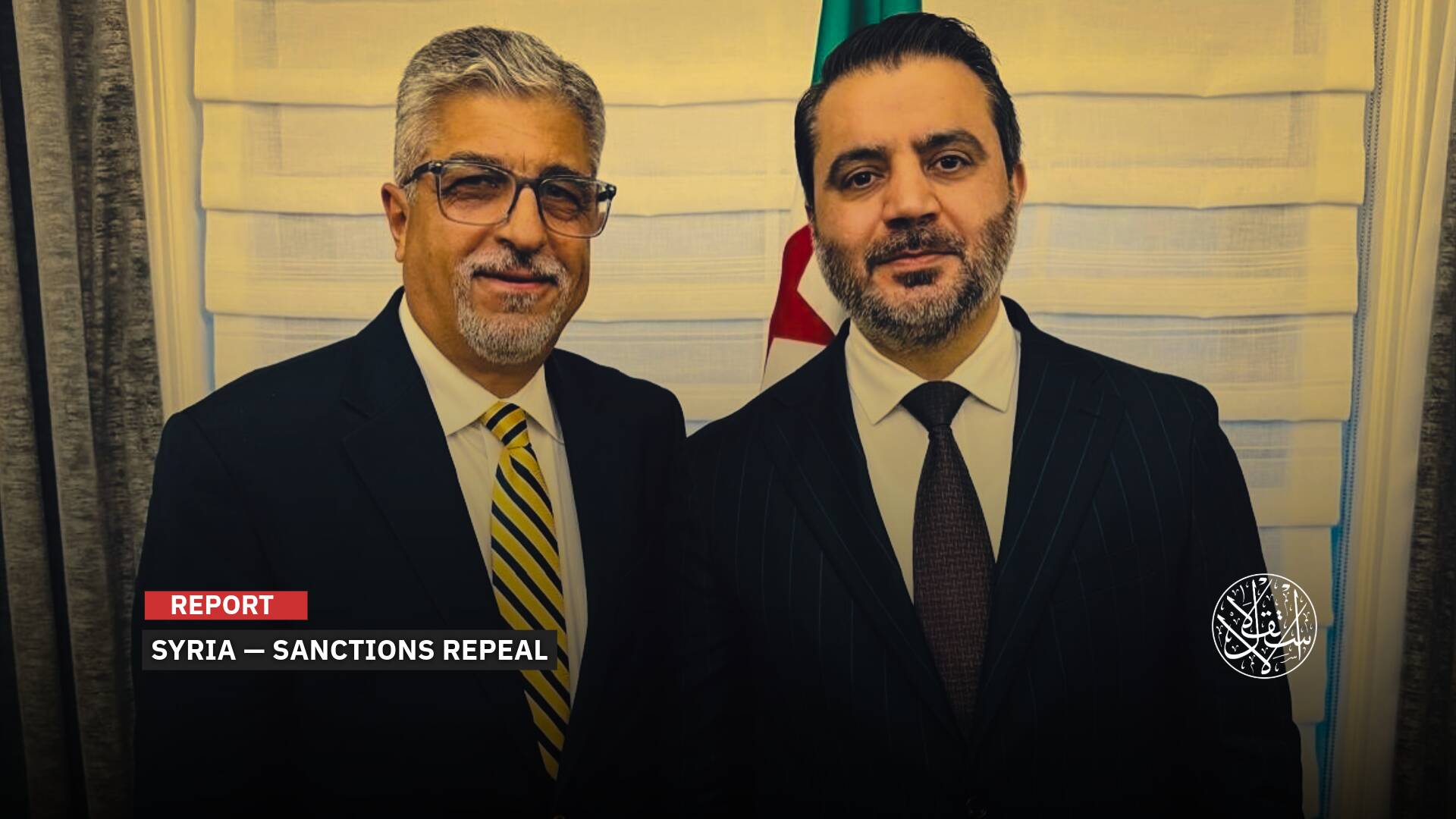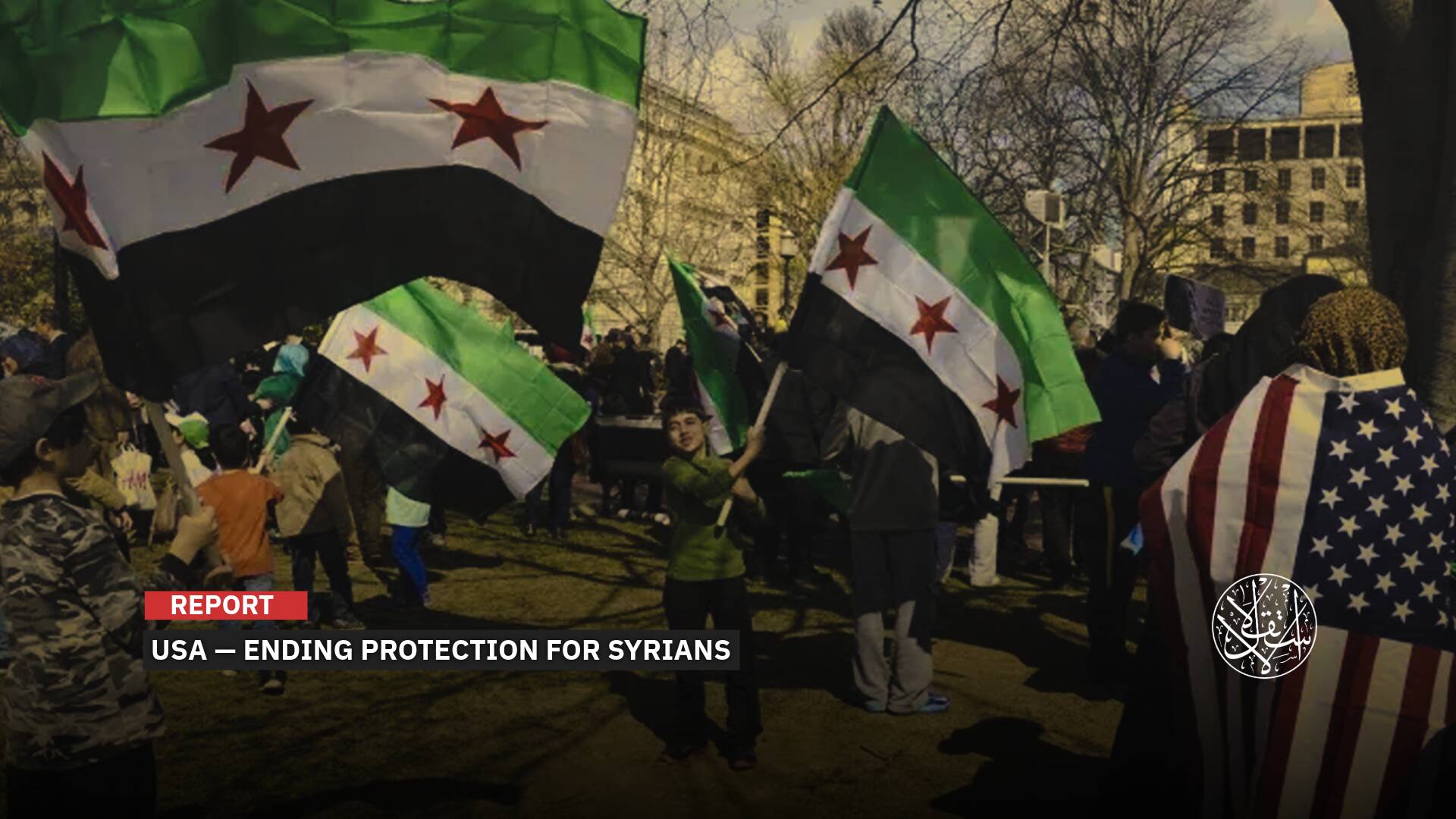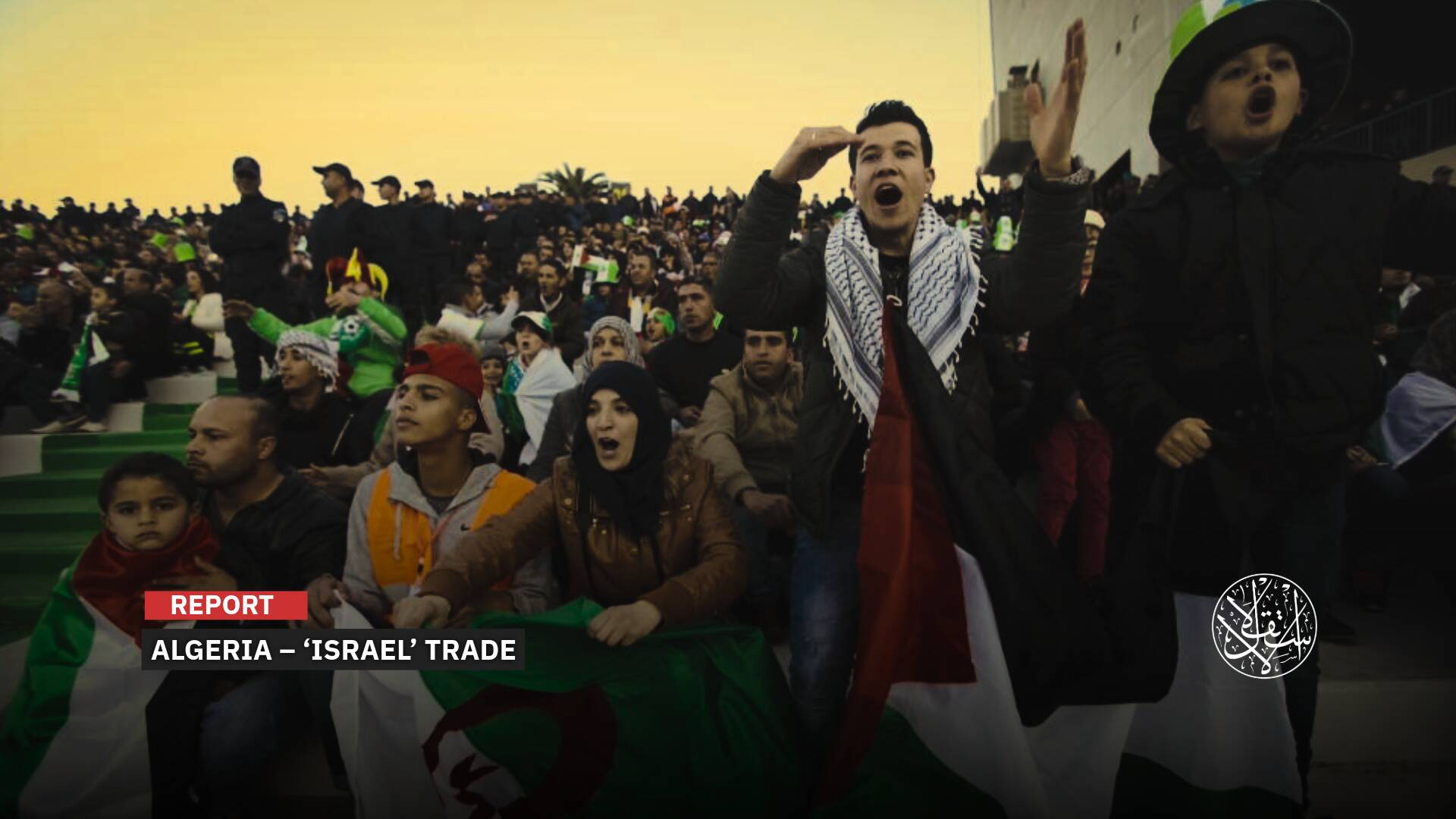The Elysee Elections 2022; Will France's Muslims Be Deceived Twice by Macron?
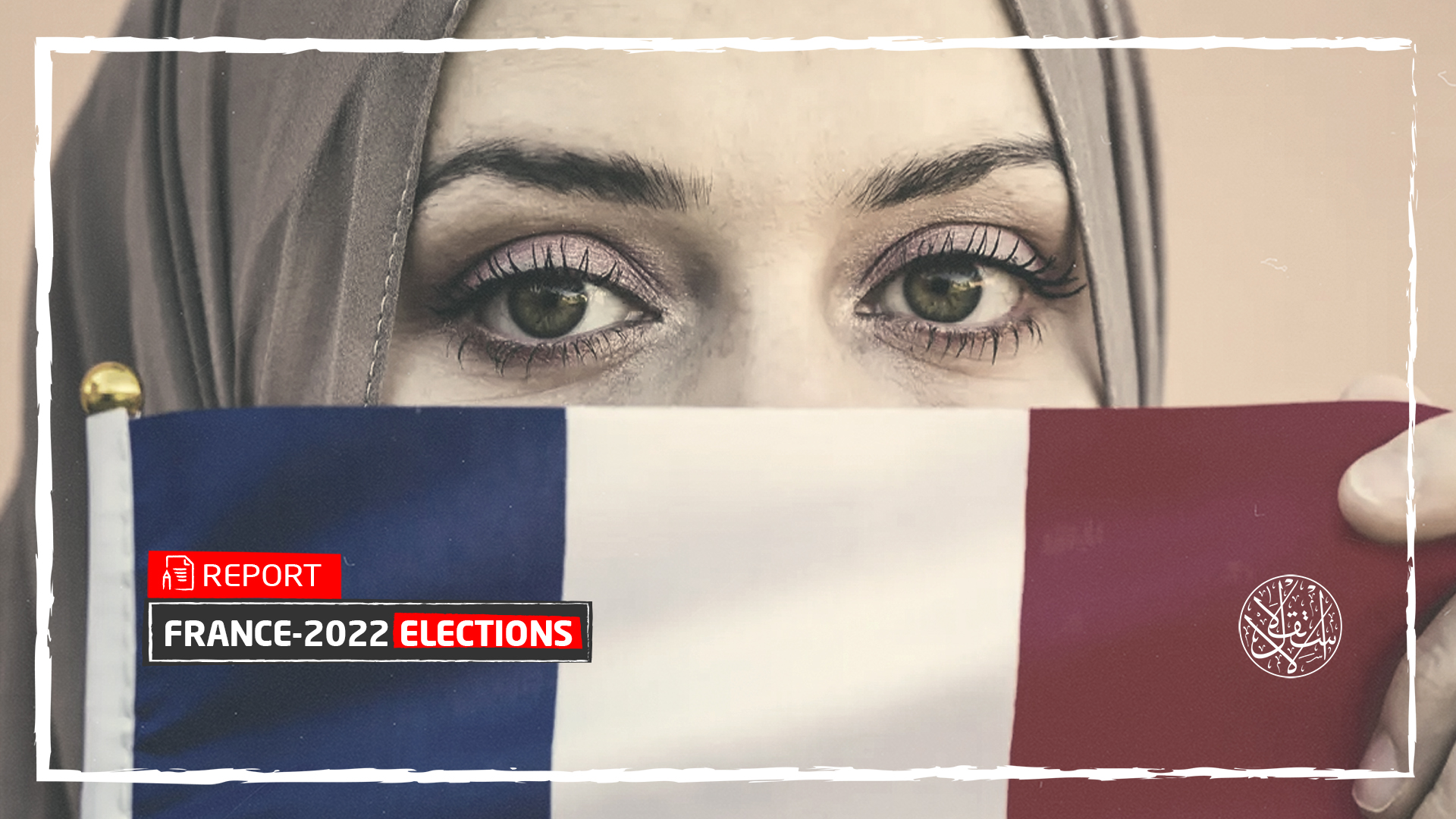
With every electoral event approaching in France, attention is directed to Muslims as the "largest religious minority" that has influence in the polls, making it a favorite target for most candidates of all political affiliations, to enter the Elysée Palace, the presidential headquarters in Paris.
Although Muslims are the largest religious minority in France, and some of them are not citizens, this minority can make a difference in the upcoming elections and even determine its fate, according to observers, and is expected to play an important role in the April 2022 elections.
However, in recent years, the rise of the "Islamic State" organization in the Middle East and terrorist attacks on French soil have fueled far-right rhetoric against Muslims, under great pressure from those who claim that the idea of Islam is a danger to the laws of the Republic and portray Muslims as "terrorists and extremists."
Macron’s Blow to Muslims
According to the French Institute for Public Opinion Polls, 86 percent of Muslims voted in 2012 for the leftist François Hollande, while Muslims made up about 5 percent of the electorate, according to a study published by the Sevipov Center for Political Science in 2011.
In 2017, the final results announced after the vote counting showed that Macron received 66.1 percent, compared to 33.9 percent for his rival, the leader of the right-wing National Front party, Marine Le Pen.
At that time, the Grand Mosque of Paris had called on the Muslims of France to vote massively for the candidate Macron in the upcoming second round of the elections, claiming that he was "the candidate who presents himself as being firm on the issue of France's fate and destiny with its religious minorities."
In an analytical article published by the Turkish "Anatolia" agency, entitled "Macron is biting the hand of Muslims that brought him to the presidency of France," it said that after he flirted with Algerian Muslim voters in the 2017 elections, by saying that "colonialism is a crime against humanity", Macron revealed his true hostility against Muslims. Thus, he supported the publication of offensive images of the Prophet Muhammad (may God bless him and grant him peace), about 16 months before the 2022 presidential elections.
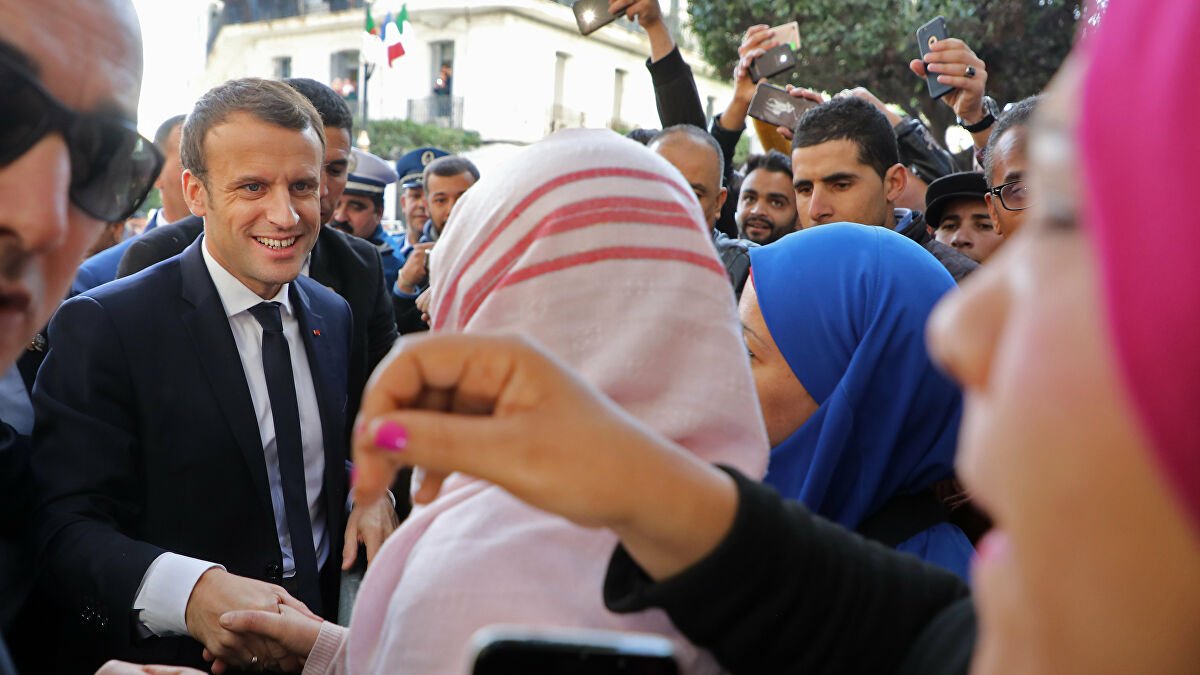
In July 2021, the French Parliament finally approved the controversial “Principles for Strengthening Respect for the Values of the Republic” bill, which was first defined as “the fight against separatist Islam.”
Under the new law, those convicted of the "separatist" crime can face up to five years in prison and fines of up to 75,000 euros ($88,000) for those who threaten or assault an elected official or civil servant, for not wanting to follow the rules governing public services. French, such as refusing to undergo a medical examination by a female doctor.
In January 2021, the local authorities in the city of Béziers, in southern France, modified meals in public schools, to make pork the only meat on the list, despite the presence of Muslim students with them, who do not eat pork according to the prohibition of Islamic law and considered this a “targeting” explicitly for Muslim children in French schools.
In November 2020, Interior Minister Gerald Darmanan said in a speech to Parliament that his country had closed 43 mosques during the last three years of Macron’s rule. Which indicates that the latter had closed more mosques than all his predecessors, and Darmanan claimed that his country needed a law to fight “Islamism” not terrorism.
The Third Option
In contrast to the measures and laws enacted by Macron that are hostile to Muslims and immigrants and restricting their rights in France, a number of analyzes went to the fact that the remaining option for Muslims is " Socialists". This is in view of the weekly opinion polls that indicate that Le Pen has gained more votes, and the emergence of Eric Zemmour, a potential candidate who shows great hostility and racism towards them.
In an analytical article published on its website by Radio Monte Carlo International in June 2021, it said that the last presidential and legislative elections that took place in 2017, "marginalized the Socialist Party in an unprecedented way, after they had been the locomotive of the left for decades."
Although the left-wing parties today seem "fragmented" and "weak" and unable to gather, in a framework that allows them to limit their expected losses in the presidential and legislative elections that will take place in 2022, the Socialist Party is relying a lot on Lamia al-Araj the new party's representative.
The Socialist Party became convinced that it was able to withstand the "tsunami" that Macron caused on the French political map in 2017, especially after the last municipal elections that took place in June 2020.
This party was able to maintain the capital, Paris, and a number of major cities, including Lille, and even managed to win a number of cities that observers did not expect to win.
Muslims played a role in the previous French presidential elections, as issues for political debate and as actors in the political arena. Among the questions that have always been raised in the elections, how do candidates view immigration and the status of religious and ethnic minorities in this country?
On September 24, 2021, the leader of the far-right National Front party, Marion Marshall, said: "It is not excluded that France will become an Islamic republic within 50 or 60 years."
Marshall claimed that she was "concerned about the identity and the cultural and civilizational changes that this reality could create in the future," during her speech at the symposium called by the Prime Minister of the Republic of Hungary, Viktor Orban.
Their Voices Scattered
In his analysis published by the French website France 24, political researcher Hawes Senegor, director of conferences at the Institute of Political Sciences in Lyon and researcher at the Triangle Laboratory in Lyon, stated that some Muslims vote for the National Front (extreme right), including the former president of the France’s Child association and the former spokesperson for Pretend for All, Kamel Besheikh.
Signor said that there are also Muslims who vote for the representative of the "France Proud Movement", Jean-Luc Melenchon, despite his secular rhetoric. More generally, "the emergence of figures with Arab-Muslim backgrounds on the right and left of the political scene shows that there is no single direction that represents Islam."
For his part, Moroccan political analyst Bilal Talidi believes that "Muslims in France cannot have an effective voice, because the interactions that occur between political currents benefit the most from those who often have an extremist position on Muslim issues and immigration."
Al-Talidi explained to Al-Estiklal: "If we recall the results of the previous elections, we are talking about the extreme right and also about Macron's party, as for the other parties, whether it comes to the right, the center or even the Socialist Party, these I think that their shares are still at low levels or at best at medium levels.”
He stressed that "it is unlikely that the word of Muslims will have a significant impact on the electorate, although some tend to court Muslims in order to gain their votes."
Al-Talidi considered that "the problem lies in the fact that Muslims in Europe are not a homogeneous bloc. There are multiple communities, not governed by a single orientation, and they are scattered over the various parties in France."
He added, "The word of these (Muslims of Europe) is united against the extreme right, rejecting hostility against Muslims hold by extremist positions on immigrants, and everything related to Islam and supports Islamophobia in France, but with regard to the rest of the parties, I do not see that the word of Muslims constitutes a single bloc."
Al-Talidi concluded: “I do not see any benefit, at least in the current circumstances, in exaggerating the role of Muslims in favoring this or that party in the 2022 presidential elections. Rather, what is required of Muslims, if they are not able at least to unite their electorate, is that they do not vote for the benefit of the political currents that pursue a racist policy or attitude towards them.”
Sources
- The French Parliament finally passes the "Separatist" bill [Arabic]
- Macron bites the hand of Muslims that led him to the presidency of France (ANALYSIS) [Arabic]
- 92 percent of French Muslims voted for President Macron [Arabic]
- French Muslim votes: “Is there an Islamic standard for voting”? [Arabic]
- The role of Muslims in the next French presidential election [French]


